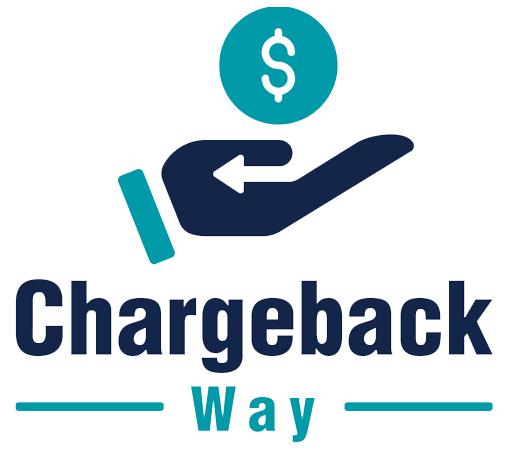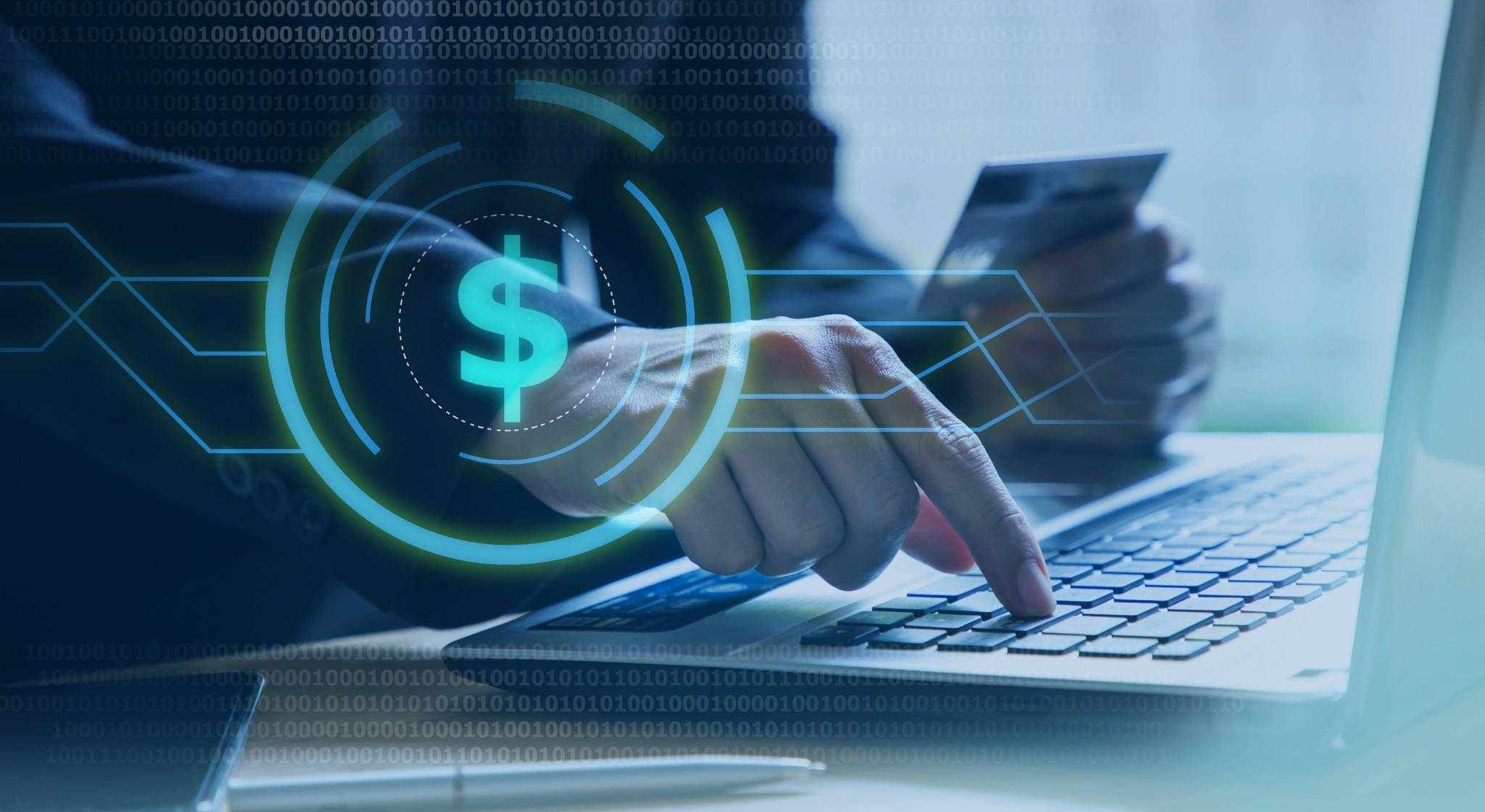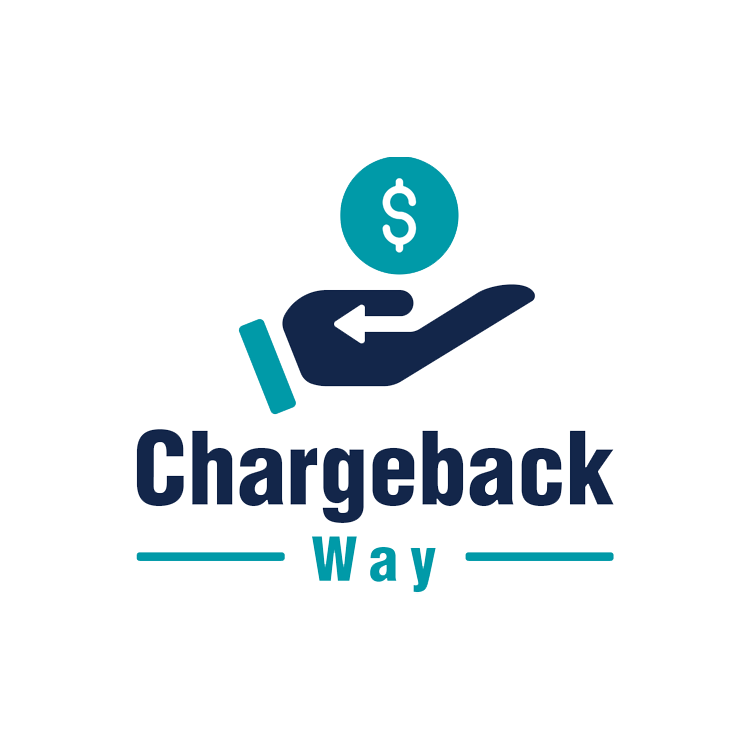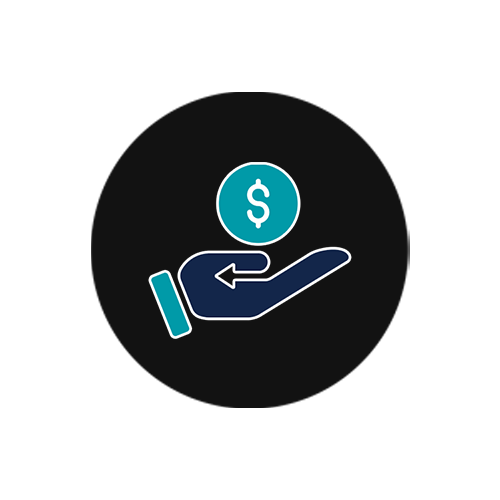Current Solutions To Dealing with Credit Card Fraud
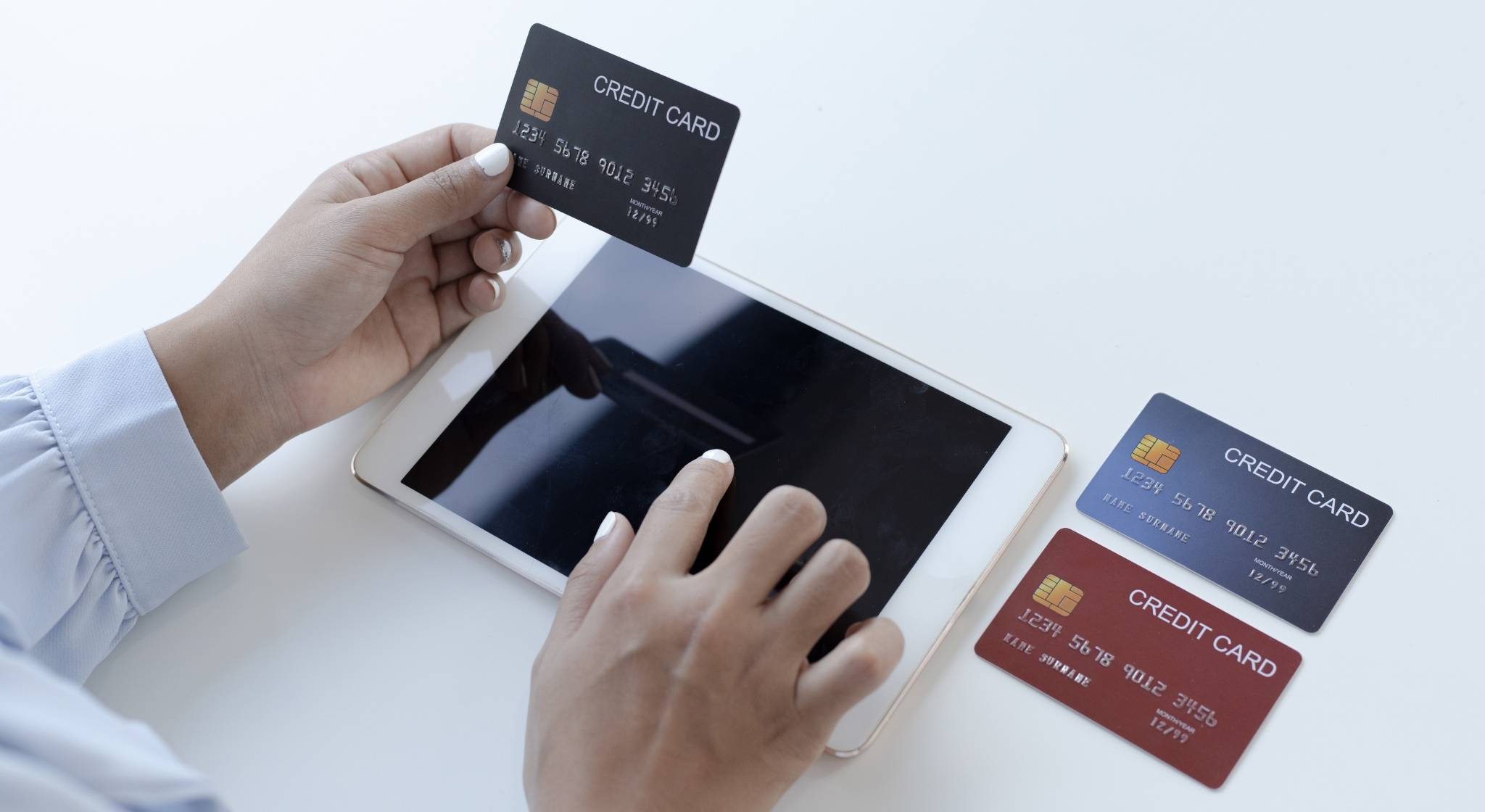
Chip cards provide an additional layer of fraud protection. Remember that when you shop online, your purchases are not protected. Credit card fraud is the most common type, according to the Federal Trade Commission.
They estimate that the overall loss is around $150 million per year. It is critical to understand what to do if you are a victim of credit card fraud theft. Credit card safety must be practiced from the moment you receive a new card, making this an essential step in preventing fraud. Use these suggestions to help keep your data safe.
Credit card fraud can occur if someone steals your card or virtually hacks your account, and it can be a major headache to resolve. If you are a victim of fraud, you may be subjected to unauthorized charges, which can result in large bills. Furthermore, if your credit card balance skyrockets, your credit score may suffer.
Fortunately, there are steps you can take right now to prevent fraud and detect potential unauthorized card use. Staying proactive and on top of your accounts is the key to protecting your credit card information from fraudsters.
What Exactly Is Credit Card Fraud?
Credit card fraud occurs when someone else uses your credit card to make fraudulent purchases. When viewing your card account online, for example, you may discover transactions that are not yours.
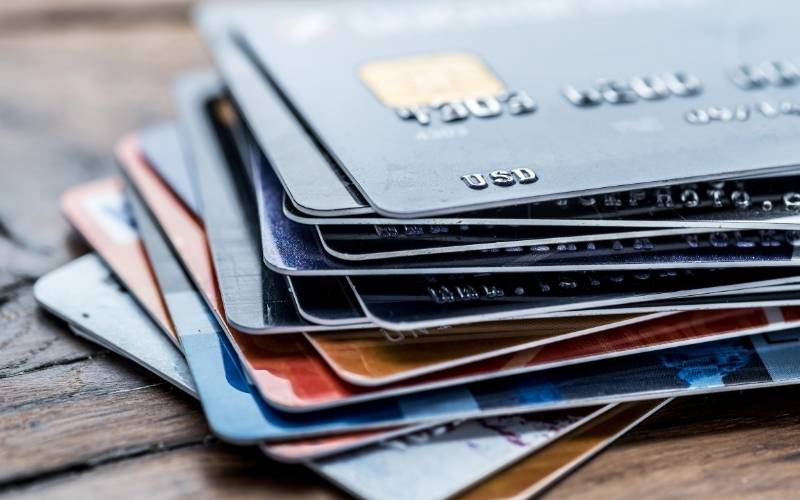
Even if card issuers, such as an American Express credit card, do not typically hold you liable for these purchases, you should remain vigilant and on the lookout for suspicious activity.
There is no way to completely prevent credit card fraud, but everyday actions can increase your fraud risk. In the long run, practicing credit card safety is worthwhile.
How credit card fraud occurs
When an unauthorized person obtains your credit card information and uses it to make purchases, this is referred to as credit card fraud. Here are some methods by which fraudsters obtain your information:
- Credit cards that have been misplaced or stolen
- Credit card skimming, such as at a gas station pump
- Computer espionage
- Inquiring about bogus prizes or wire transfers
- Phishing attempts, such as using forged emails
- Checking behind your back at the checkout
- Theft of your mail
Unfortunately, there is no foolproof way to prevent hackers from making such attempts, and scammers always seem to find new ways to access your information. However, you can reduce your chances of becoming a victim and mitigate the damage caused by fraudulent activity on your accounts. We’ll explain how below.
Contact us to get insights about trends, tactics in tackling Banking Scams.

Do you need help fighting off a scam attack?
It’s a big emergency if someone has stolen your personal or business information. You may need legal and procedural advice to fix the problem. Our team can help you!

How Do You Avoid Credit Card Fraud?
Scammers use a variety of techniques to steal your information. There are an increasing number of reports of fraud each year.
Scammers who attempt to obtain your information look for opportunities to catch you off guard. However, knowing what to look for can help you make better decisions. Here are a few tips to help you avoid fraudulent activity:
- Avoid visiting any websites that are not secure.
- Do not share any personal information on social media.
- Do not store your credit card information online.
- Use public wifi for online transactions only.
- Check your credit card statements on a regular basis.
- These are simple but effective steps for keeping your information safe.
However, if you run an online business and want to improve your customer experience, make sure you safeguard your customers’ personal information at all costs. Finally, report any suspicious activity or communications to the Chargeback Way experts.
You can successfully keep your money safe with Cash and avoid scams by following a few of the steps identified by the professionals at Chargeback Way.
What Exactly are Phishing Scams?
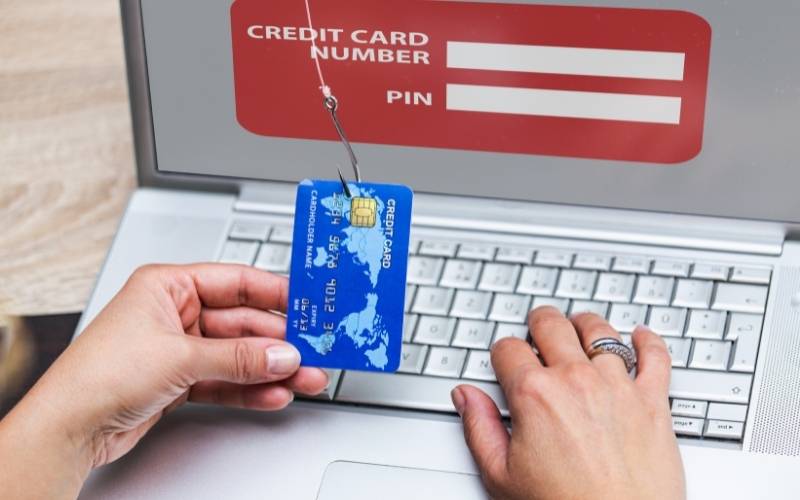
This scam is delivered via email, text, or phone and attempts to obtain your financial information. The scammer may call you and claim to be from a reputable organization, such as the Social Security Administration or your bank.
Scams are becoming increasingly sophisticated. For example, you may receive an email that looks suspiciously similar to your bank’s logo, leading you to believe it is genuine. If the email requests any personal information, such as your debit card number, this is a red flag. Fundamental institutions will never request sensitive information from you.
Why Use Chip Readers in Store?
Cloning cards with a chip is more difficult, having one gives you more security. Some retailers, however, continue to use magnetic strips. When possible, limit your purchases at these stores.
Chip cards provide an additional layer of fraud protection. Remember that when you shop online, you do not have the added protection known as card-not-present. Card-not-present fraud occurs when you provide your card number to the site but do not use chip technology.
How to Configure a Fraud Alert and Credit Freeze
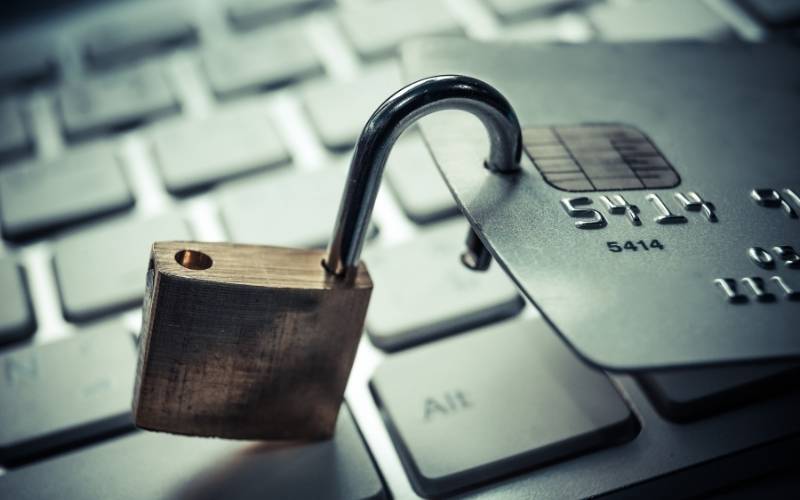
When you realize your credit card is missing, notify your credit card company right away so that your card can be frozen. Having said that, if you don’t know how long your card has been missing, use a fraud alert or a credit freeze.
When someone attempts to open an account with a fraud alert, the creditor will contact you and confirm your identity to ensure you applied. A credit freeze, on the other hand, prevents creditors from viewing your credit reports, making it difficult to approve a fraudulent application.
When Should You Make Credit Card Safety a Habit?
Check your online accounts several times per week as a final step in the security process. Look out for purchases you did not make. Early detection of fraud makes it easier to deal with in the long run.
One of the most important aspects is ensuring the security of your data. Keeping track of your data does not have to be difficult. Instead, take these simple steps to keep track of your personal information and prevent fraud from occurring.
Chargebackway is here to help you recover your money and get your life back. We also have guides and news alerts that can aid you.
Sources
Find Related News
Subscribe to Our Newsletter
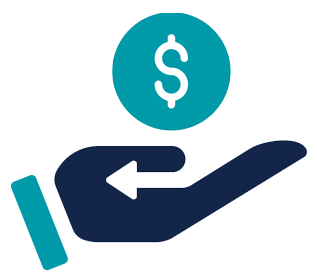
Scam Recovery Resources
Dating Scams on A Rise: Anne Lost $98,000 & We Helped Her Get it Back!
Online dating sites and apps are used by millions of individuals worldwide. There are also several success tales of people finding love and companionship over the internet. However, in addition to the achievements, there are also online dating frauds, which are on the rise.
What Can Scammers Do With Your Paypal Email?
Change all of your passwords right away, remove any malicious software you may have downloaded, and, if necessary, contact your credit card company if you think you’ve been scammed. To report the scam and receive assistance with the next steps, get in touch with your neighborhood law enforcement agency.
Red Alert: 24FX Banned & Blacklisted for Conducting Forex Scams
The very initial step thing users should take is a refund! This is something you should do right now! Demonstrate whether you were duped into making deposits with an unregulated trading firm to your bank or credit card issuer, and they will refuse to refund your money.
Coincheck – The Most Elaborate Cryptocurrency Scam in History Resulting in A $530 Million Loss
The company had to go through a lot during this challenging time, like halting its operations and modifying its entire customer-facing application portfolio. Also, to avoid such storms striking ever again in the future, they had to develop strategies that could help save the machine data.
47 Year Old Man Almost Lost His Entire Life Savings ($56,000) To A Fake Investment Opportunity Online
Beware of such happenings and never let out your personal information to any website, unknown call, messages, etc. Always have hope and make efforts to recover your stolen funds at any cost.
Our news section focuses on reporting scam related news and alerts. We aggregate information from the web, as well as, reach out to our contacts so that we can get the latest scoop on scam operations.
FundTrace is committed to upholding the journalistic standards online, including accuracy. With our news reporting, our policy is to review each issue on a case by case basis, immediately upon becoming aware of a potential error or need for clarification, and to resolve it as quickly as possible.
We Can Help You
Victims of scams are stressed out because they don’t know what to do. We have the tools and experience to fight off scams, and our team can help you in getting your money back.
Please fill up the form now so that our team will get in touch with you.

